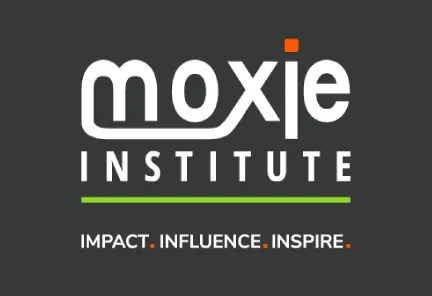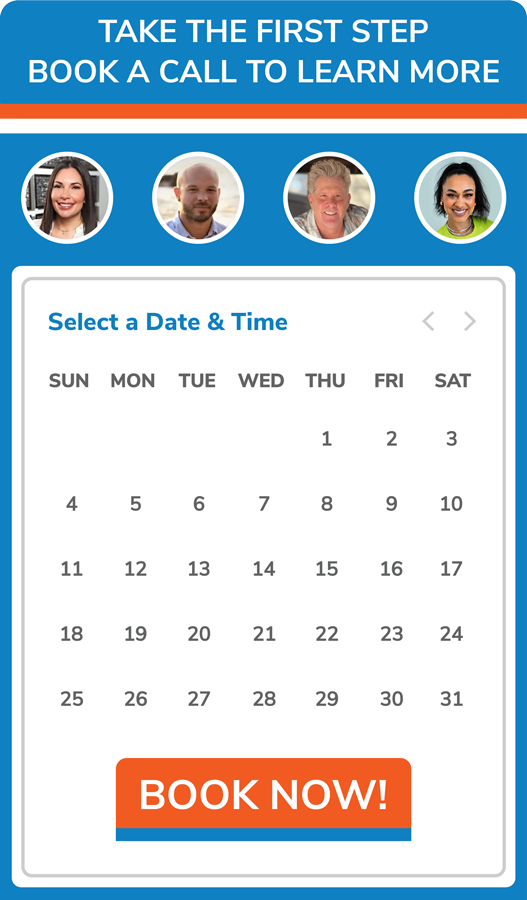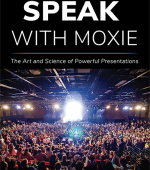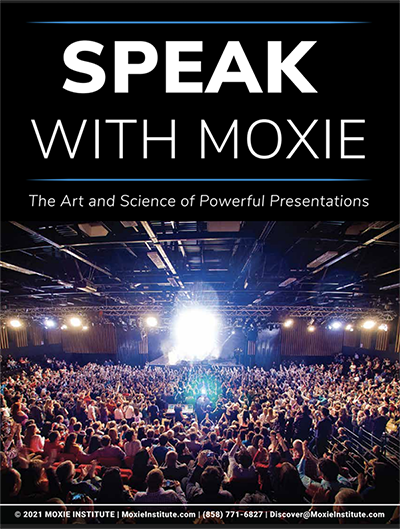Stage fright attacks even the best of us. Standing in front of thousands of people, it is easy to succumb to the biological factors that zap our memory and rob us of confidence.
The anticipation of being on stage makes almost everyone with a heartbeat nervous. In fact, 75% of the US population has some degree of glossophobia, a fancy word for stage fright. You are not alone.
Most public speakers rely on some sort of aid to lead them through their speech. A PowerPoint, note cards, or even full paper scripts. When are these appropriate? And which is best?
The process of memorization can seem monotonous, but it’s the most natural technique to choose when you have plenty of time to practice. This way, you become intimately familiar with your talk until it is second nature.
You’re even minimizing your body’s fight or flight response by knowing what comes next.
Anyone who’s participated in presentation skills training or experienced TED or public keynotes knows the importance of connecting with an audience. Constantly referring to notes, notecards, or PowerPoint slides breaks the eye contact necessary to build trust. Without trust, there’s no connection. Without connection, the audience isn’t receiving your message.
The secret weapon for presenters when the stakes are high is the use of a teleprompter. This used to be only be a tool of the elite, like presidents and executives. Today thanks to technology, teleprompter apps, and teleprompter software are cheap or free and available to everyone.
Table of Contents
ToggleWhen a teleprompter is best:
If your speech needs to be 100% scripted and polished.
This is necessary for many politicians, for news anchors, and for any situation where every word must be absolutely perfect.
You’re an In-Demand Speaker
If you are traveling and giving several speeches regularly with no time to properly memorize in between, then a teleprompter is the best way to stay organized and on-topic.

It’s Too Late to Memorize
If you’ve simply run out of time to practice, it’s far preferable to use a teleprompter than to stay up the night before trying to cram every line of your speech into your head. You need your sleep to be at your best in front of an audience.
Become familiar with the space and the technology you will be using. It’s especially important to time the cadence of the teleprompter to your comfort and be aware that these can vary for each type. Rehearse aloud, giving yourself an opportunity to safely make mistakes and correct them before an audience sees them.
It is always better to have something in your teleprompter than to have nothing.
This can beg the question, “Why don’t I just wing it?”
I hear this question often in my public speaking skills classes. My short answer is, “no.” My long answer is, “For the love of all that is good, please no.” I have witnessed too many speeches as they suddenly careen off-topic, winding through strange emotional sharings, and finally crash into what I call “Uncanny Valley,” when the speaker suddenly loses all traces of personality and stares at a strange space in the back of the room.
Fortunately for many of us, a teleprompter can prevent this.
Even the great wordsmith Mark Twain has famously commented,
“It usually takes me more than three weeks to prepare a good impromptu speech.”
If you do decide to use a teleprompter, it is still essential to practice.
You’ll know you’ve practiced enough when your speech sounds authentic and you are not reading verbatim. This will help you to truly be present as you present.
Though you will probably be tempted to load every brilliant word into the teleprompter, using simple phrases as cues will help you avoid seeming robotic and stiff.
As you cue up your teleprompter, remember that your audience will always resonate with a well-delivered message. No one has ever said, “wow they memorized that well.” (Even during a public speaking training class!)
There are also apps to help you memorize, apps to improve your speech, and even a free teleprompter app if you choose to use one.
Whatever you choose, the bottom line is to remain calm, organized, and to practice at least a few times in order to build confidence and familiarity with your message. You’ve got this!
Want step-by-step information on how to write your speech, along with worksheets to guide you? Check out our Public Speaking Training 101 Series.
Fia and Gregg Fasbinder
CEO and President
www.MoxieInstitute.com
hello@moxieinstitute.com
(858) 771-6827













